On March 23 and 24, 2022, we took part in the Jobicon Job Festival where our webinar on career paths in Data Intelligence was very popular with the participants.
It turns out that little is still known about the field that the Harvard Business Review predicts will provide the most attractive occupations of the century. The demand for specialists in the data field is growing by almost 300% year on year, as confirmed by the Devskiller Report. Unsurprisingly, the hunger for knowledge is great, but it is also accompanied by uncertainty as to whether this is just a temporary market trend or, actually, the true professions of the future are emerging.
From writing on clay tablets to data-driven enterprises
Data intelligence is still a technological niche and one of the more exotic areas of the Polish IT market, which is currently dominated by maintenance services and software development. The history of data intelligence dates back to Sumerian writing, which was the first analogue collection of structured data. Later milestones in the development of human civilization such as the invention of printing, excel, digitization and dating led to the mass collection and storage of data. The natural need to collect and organize data, with relatively little awareness of its importance for the development of technology, has proved very useful. To this day, many companies mainly collect and store data, while a few, such as Google, Netflix and Airbnb, demonstrate that they are able to successfully generate profits thanks to the intangible resources, such as data and software. Thus, a new knowledge- or data-based business model was born. Paradoxically, Facebook does not create content itself but sells it, Airbnb does not own a single flat but is a rental magnate, Uber does not own a single car but arranges taxi rides all over the world, Flixbus formally owns only one bus but offers bus rides all over Europe. This is one of the main features of the fourth data-driven technological revolution. Metaphors with references to the currency of the future, the fuel or the oil of digital transformation are often used in this context.
The unlocking of artificial intelligence
Thanks to the accumulation of big data in the 00s, the concept of artificial intelligence, which had been conceived in the 50s but frozen for another 20 years due to its inefficiency after 20 years of experimentation (the so-called „artificial intelligence winter”), was reborn. Today we know that the reason for this was the insufficient amount of reference training material available at the time.
The big (data) bang
A significant watershed took place in 2015, when IBM announced that between 2013 and 2015 humanity had produced more than 90% of the data ever generated. Since then, its volume has grown exponentially, doubling every 3 years. Although the Polish software development market is still thriving, complex algorithms are gradually being replaced by low-code or even no-code solutions, and scientists attending international IT conferences say that writing code will be largely taken over by artificial intelligence in a few years time, around 2030. What will we be left with then? Data. The constant hunger for data and the need for people who can make use of it and turn it into money.
Who works in the field of data intelligence?
The answer seems simple: visionaries who look boldly into the future. At the job profile level, the following positions are currently emerging in the field of data intelligence:
- SQL developer (for structured data)
- Python developer (for Big Data)
- ETL developer
- Data engineer
- Data scientist
- Data analyst
- BI developer
Experts predict a huge explosion of professions related to data. Most of them are future professions that we are not even dreaming of today, and not only our children will be working in those professions, but also ourselves.
All indications are that it will be a very interdisciplinary field, based on the empirical method that is currently widely used in data science, and that the most sought-after skill will be the ability to solve complex problems, not the use of a particular tool or technology.
Solving complex problems is the competence of the future
To answer the initial question, Data Intelligence careers are certainly not a temporary trend. The big (data) explosion in the early 2000s and the rapid development of foundational technologies, such as the PC, internet and smartphone, have enabled us to enter the fourth technological revolution and paved the way for the development of cloud, IoT, AI, robotics and blockchain technologies, all powered by the fuel of the future, data.




































